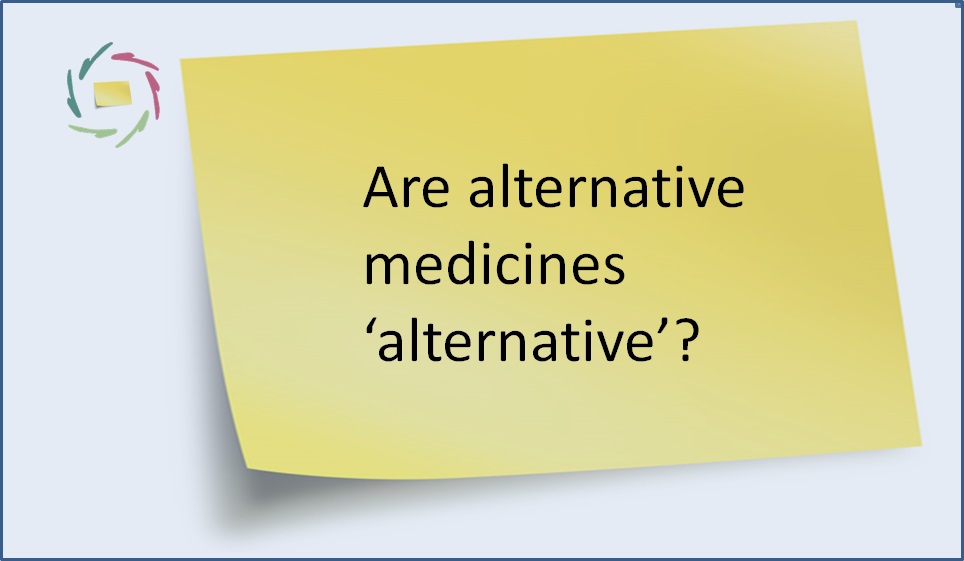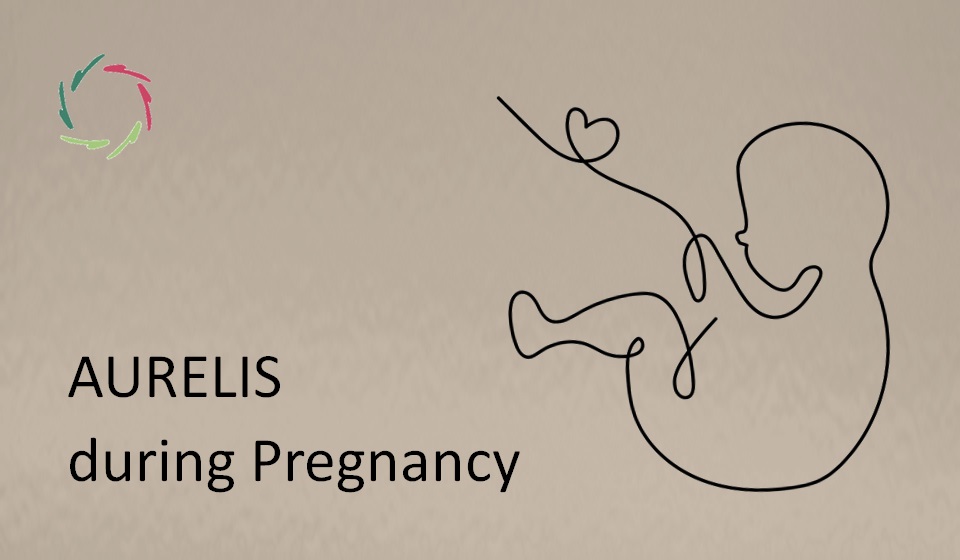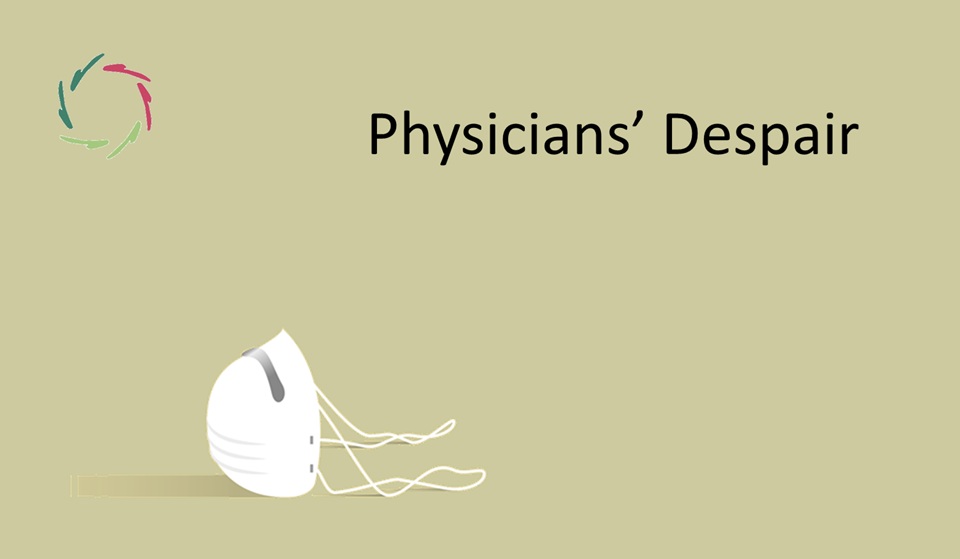47. Are alternative medicines ‘alternative’?

In this age of rationalism and self-declared enlightenment, ‘alternative medicines’ (AMs) are seen by most adepts of ‘non-alternative medicine’ (NAM) as those kinds of medicine that are not based upon precious science, in contrast to NAM. And that is indeed very true. If something from an AM or even a complete AM can be scientifically validated, then it ‘rises’ to the level of NAM. At least: this is inherent to good and honest science.
◊◊◊
AM-adepts may then say that the proper field of science does not correspond to, or is even only a small part of the total field of reality. Science is not apt to investigate everything, though many possess enough hubris to think and say that it is. The experiments of the medical scientific method need clear-cut concepts to work with. Therefore the borders of the conceptual world and the borders of this kind of science are the same. However:
◊◊◊
“The conceptual world is NOT the real world.”
◊◊◊
I posit this sentence as a hypothesis. What is then immediately clear is that science cannot prove or disprove this hypothesis. If science is completely confined to the content of an egg, then it can never prove or disprove any out-egg world. This is the most basic principle of science itself. If science dismantles this principle, it dismantles itself. It is as simple as that.
◊◊◊
This of course gives to AMs an excellent ‘out-egg world’ to thrive in…
Has rationality nothing to say about this?
◊◊◊
The egg of which I spoke, is merely an experimental-science egg. It is one egg of the chicken called ‘rationality’. This chicken can indeed see and speak about the whole world. And it says…
◊◊◊
“AMs are really not all that ‘alternative’.
Actually they live in the same egg: the egg of concepts.”
◊◊◊
OK, AMs are alternative in that they do not work with ‘regular medicines’ or other ‘regular procedures’. However, underlying this they give equally well a ‘concept-based’, in other words ‘materialistic’ diagnosis or explanation, followed by a ‘concept-based’ (not for that always material) remedy. Even in the most supposedly non-materialistic cases, like when dealing with Chinese ‘chi’ (‘life energy’), the way it is handled in thought and action comes down to pure materialism in many cases. After all, as Einstein taught us, energy IS matter. What’s in a name? If you can measure something with any kind of 3D-device, then it is matter. The ‘real chi’, if you want to talk about it at all, is immeasurable.
◊◊◊
So: NAM and AMs both reside in the same egg. For different reasons however, both pretend not to. While being jealous of the success of egg-science, at the same time AMs fear its rigorousness. The only thing they fear more is life outside the egg, real life, the life of the chicken. This is a very precarious situation.
◊◊◊
When will we really grow beyond the egg?
Do we want to?
◊◊◊


